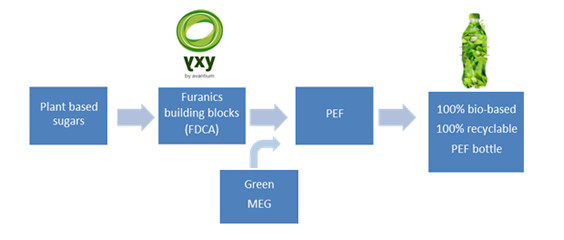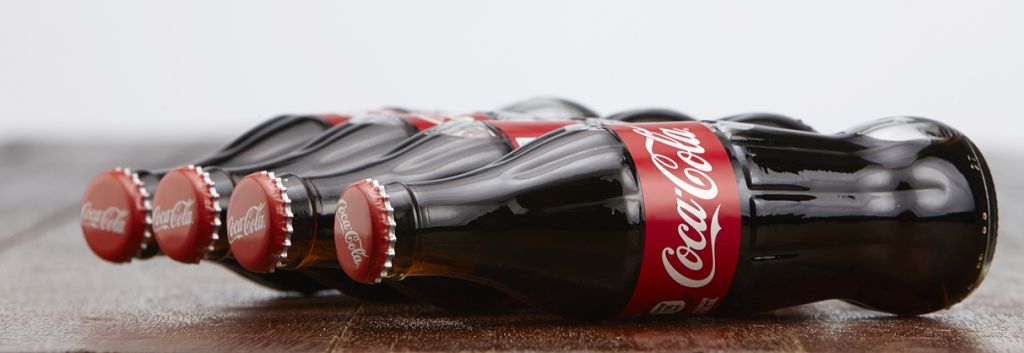Avantium has acquired Liquid Light, getting hold of the last piece of technology it requires to create the next generation of sustainable Coca Cola bottles.
Avantium, a spin-off from Shell located in Amsterdam, is one of Coca Cola’s choices to develop its next-generation plastic bottles made 100% from plant-based materials. The biotech is now stepping up its game with the acquisition of Liquid Light, a US company using waste CO2 to produce chemicals.
With this acquisition, Avantium will access Liquid Light’s technology to make efficient use of plant material to make mono-ethylene glycol (MEG), which currently makes 30% of Coca Cola’s first-generation recyclable PlantBottle. Coca Cola was already interested in this technology, as it signed an agreement with Liquid Light in 2015 to accelerate its development.
The technology not only makes use of CO2, the biggest contributor to global warming, but sequesters it inside the final product. In addition, it could significantly reduce the costs of MEG production.

Coca Cola, along with big names like Danone, has also continued funding Avantium’s efforts to develop its YXY technology platform to transform plant-based sugars into polyethylene-furanoate (PEF), a 100% biobased substitute for the polyethylene-terephtalate (PET) currently used in recyclable plastics.
With the integration of both technologies, Avantium now counts with all the necessary tools to make Coca Cola’s PlantBottle. Its next step towards commercialization is the design and construction of a manufacturing plant projected to have a capacity of up to 50,000 tons per year and be located in Antwerp, Belgium. With that goal in mind, the company raised €20M last year and signed an agreement with the Japanese corporation Mitsui.
The acquisition of Liquid Lights is an important step for Avantium, one of many bioplastics companies trying to steer the current oil-based economy towards sustainable processes and materials. Their efforts seem to be materializing, as experts predict the bioplastics market will grow to a huge €29M ($31M) by 2020, with Europe as the largest consumer.
Images from Focal point/Shutterstock, Avantium





